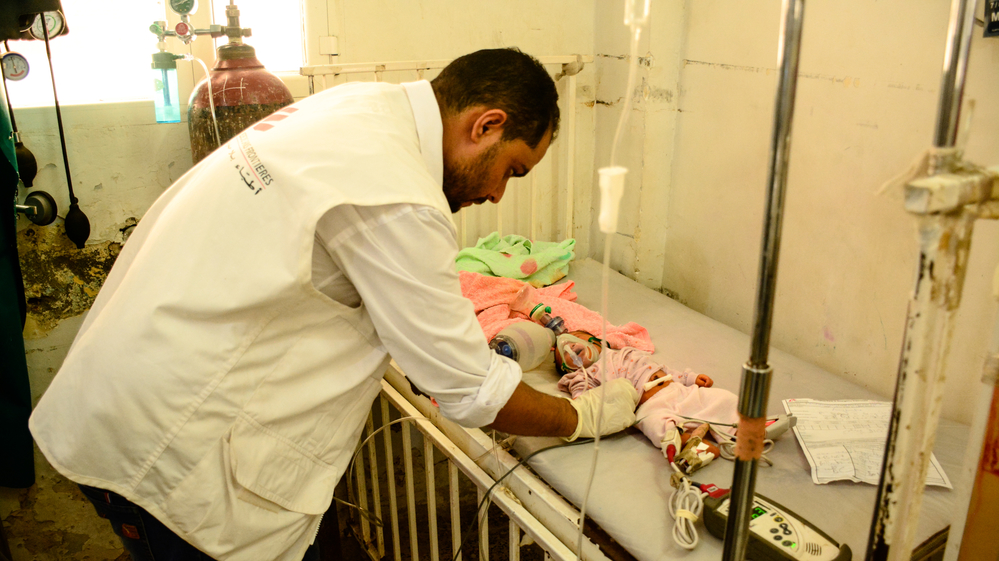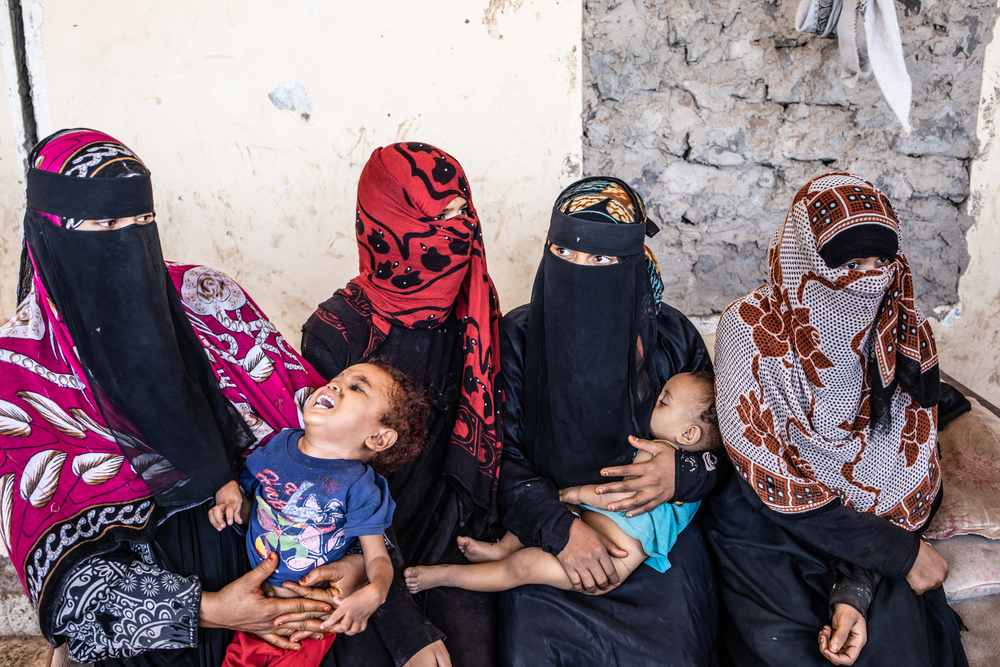The barriers preventing mothers and children from reaching hospital are underpinned by the economic vulnerability faced by many families. Before the escalation of the conflict in 2015, most medical services in Yemen were provided by private health facilities, which were relatively affordable. Today, the ability of Yemenis to access healthcare of any kind has dramatically diminished, as the conflict has ravaged the economy and devalued people’s savings, leaving the vast majority dependent on what limited public healthcare is available.
The desperate situation for mothers and children in need of medical care is not limited to Taiz and Hajjah governorates, but is happening across the country, particularly in those areas most affected by the war.
In the new report, MSF reiterates calls on all warring parties to ensure the protection of civilians and health workers, and to allow the wounded and sick to access healthcare and ease their restrictions on humanitarian organisations to be able to respond to the massive needs in a timely manner. MSF also calls on international aid organisations to scale-up their humanitarian response, increasing the number of experienced staff in areas where the needs are greatest, ensuring that supervision and quality of aid is delivered in a timely manner.
Read the full report:


